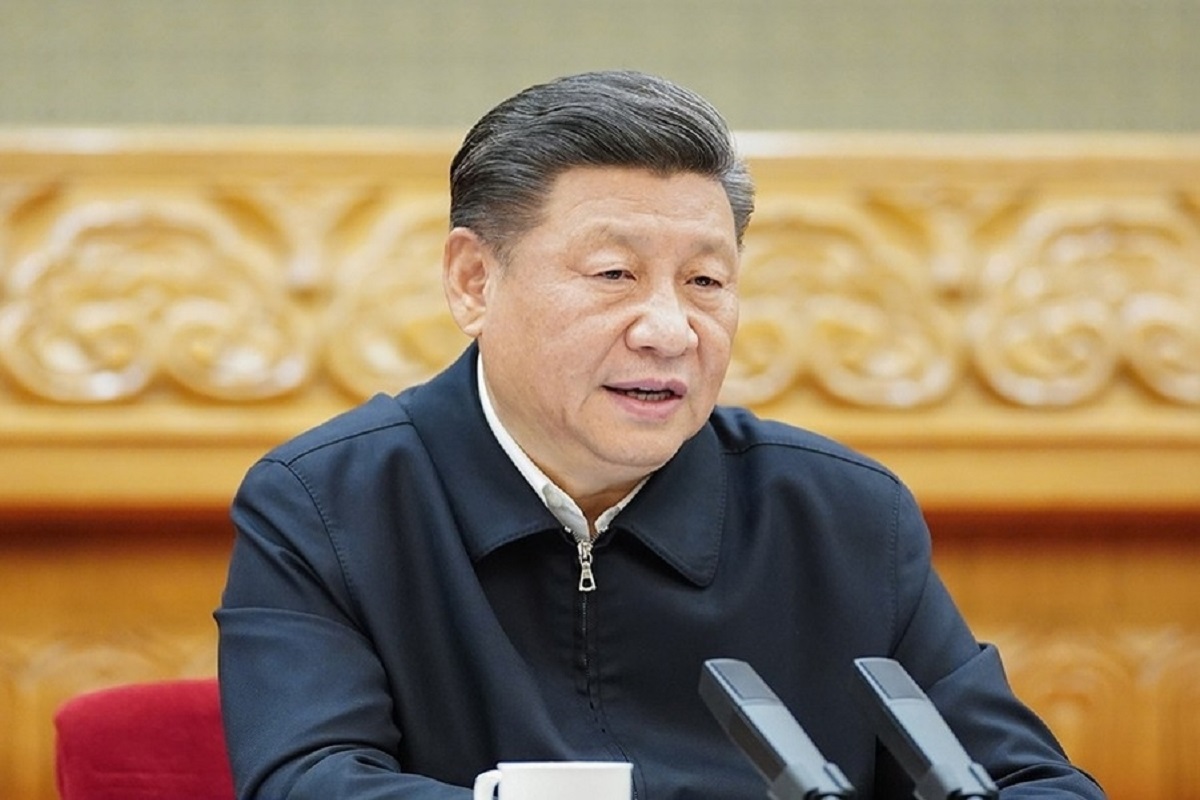Bira 91 raises $25 mn to expand manufacturing footprint
The new investment is part of a $50 million round raised by the company, with participation from its existing investor, Kirin Holdings of Japan, and Tiger Pacific Capital from New York
Though China is on course to intensify repression under Xi Jinping, greater international solidarity and willingness to challenge Beijing might have helped Hong Kong.

Chinese President Xi Jinping (Photo: IANS)
The stirring note of Joan Baez ~ “we shall not be moved” ~ has seldom been more resonant. It is testament to the inbuilt resilience of the democratic spirit in Hong Kong that China’s protectorate has not been cowed by Xi Jinping’s imposition of the draconian National Security Law after a year of protests. Despite the fact that the 21st century brand of colonisation has been afforded a sinister spin, hundreds of thousands of protesters, led by the young Joshua Wong, took to the streets on Thursday, the 23rd anniversary of Hong Kong’s handover from Britain to China.
Visuals reaffirm the spirited movement, much as it was a year ago. The National Security Law spells the end of the city’s autonomy, and the United Kingdom is arguably right to welcome its people back; safe haven has also been offered by Australia to Hong Kong’s residents.
Seventy-two hours after the proclamation, China’s prescription has scarcely dampened the spirit of democracy.
Advertisement
The law has demolished the pledge to allow the region to maintain its freedoms until 2047. True it has struck fear into the city. In the hours after it took effect, Demosisto, the pro-democracy party founded by young protesters, disbanded itself.
Individuals have deleted social media accounts. Yet the spirit of protest survives. Wong was among thousands who took to the streets once more for the annual 1 July protest march.
This year it was organised in defiance of China’s ban, about which the Hong Kong authorities, notably chief executive Carrie Lam, knew little about. It is hard not to wonder whether the government was privy to China’s game theory.
More than 370 demonstrators were arrested, including at least nine under the new law; one of them was a 15-year-old girl waving a Hong Kong independence flag that encapsulates the popular mood.
The law is purportedly aimed at a small minority intent on separatism, subversion, terrorism and “collusion with foreign or overseas powers”.
On closer reflection, these are vaguely defined offences routinely used to punish dissent on the mainland.
The repressive objective of the law was made clear by the banners flaunted by the police; these warned protesters that chanting or holding signs with calls for independence could constitute a crime.
At this juncture, the chief regret must be the absence of a robust response on the part of the comity of nations to the erosion of Hong Kong’s freedoms.
Countries generally have been ineffectual in challenging China. It is possible that Donald Trump winks at what Beijing’s detractors call “nationalist hawkishness”.
Though China is on course to intensify repression under Xi Jinping, greater international solidarity and willingness to challenge Beijing might have helped Hong Kong.
Though protesters scattered funeral joss papers on Wednesday in mourning for the Hong Kong they knew, they have not given up. They have the courage to defend their beliefs. Others must stand with them.
Hong Kong has been repressed by China, but the spirit that has powered the democratic upheaval, ever since the Umbrella movement of 2014, survives.
Advertisement